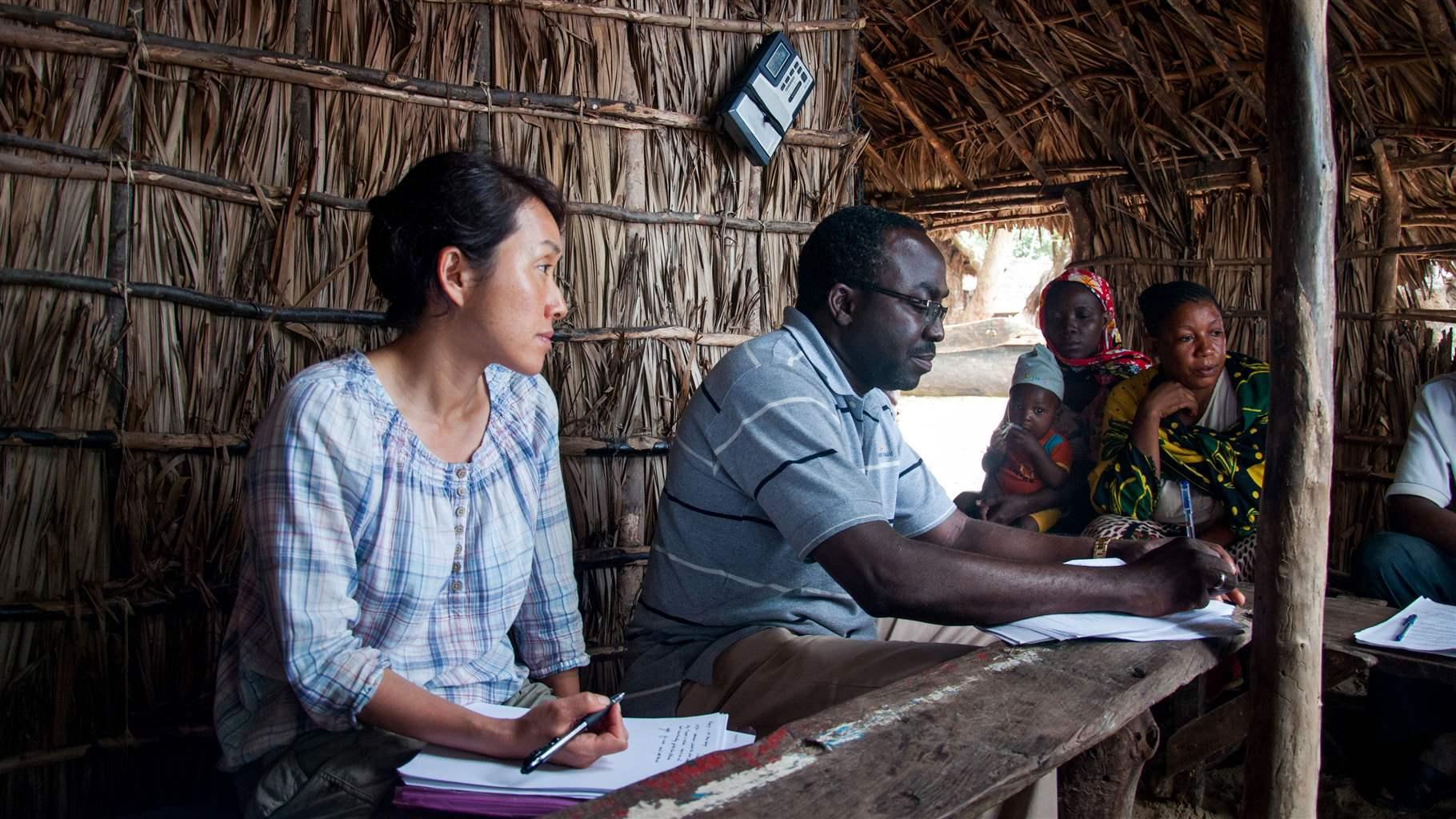KINGSTON, R.I –March 12, 2024 – The Pew Charitable Trusts awarded Emi Uchida, a professor of environmental and natural resource economics at the University of Rhode Island, a $150,000, three-year fellowship to explore ways to bridge data and local knowledge for effective mangrove and seagrass conservation in Indonesia.
Uchida will combine remote sensing data, machine learning tools and econometrics to identify root causes of mangrove and seagrass ecosystem loss in the Coral Triangle, a biodiversity-rich region of the western Pacific Ocean, and predict areas that are most at risk of future degradation. Working with communities in Indonesia, she will test the effectiveness of conservation interventions, which utilize the predictions, including community-led monitoring of coastal habitats.
“Coastal ecosystems represented by mangroves and seagrass meadows play an essential role in slowing climate change and supporting human livelihood, but they have been significantly diminished by human impacts and global climate change,” Uchida said. “Rapid and extensive measures are needed to reverse the losses of mangrove forests and seagrasses.
“Through this research project, I am hoping to provide decision makers with reliable predictions of future threats, and evidence on the cost effectiveness of several different management practices.”
Uchida is one of six experts recognized this year by the Pew Fellows Program in Marine Conservation. The program supports mid-career scientists and other experts looking for solutions to challenges affecting the world’s oceans. Selected by an international committee of marine science experts following a rigorous nomination and review process, the 200 Pew Fellows represent 42 countries.
Uchida responded to the following questions as part of the process:
Why is your area of research so important?
Coastal ecosystems represented by mangroves and seagrass meadows play an essential role in slowing climate change and supporting human livelihood, but they have been significantly diminished by human impacts and global climate change. Rapid and extensive measures are needed to reverse the losses of mangrove forests and seagrasses. However, to reverse the losses effectively and efficiently, decision makers need reliable predictions of future threats and defensible evidence on the cost effectiveness of management practices.
How will this fellowship advance your work?
The fellowship will address two primary questions: What processes drive mangrove and seagrass losses and gains, and where are the future at-risk areas? How effective is community monitoring, supported by information on future predictions, in reversing mangrove and seagrass losses? The project will (1) make remote-sense “at-risk” alerts accessible to coastal communities in Indonesia; and (2) strengthen communities’ capacity for monitoring with training and incentives. This research requires collaboration across disciplines and with communities–this fellowship will allow me to work with other experts and engage with communities and other stakeholders.
What made you pursue this line of work?
In the past decade, remarkable progress has been made in understanding the potential of mangroves and seagrasses as “blue carbon” solutions to climate change. However, major knowledge gaps need to be filled for blue carbon solutions to be viable, requiring high quality, scalable and reproducible observations and experiments.
What about your work inspires you?
Mangroves and seagrass meadows play an essential role in slowing climate change while also supporting human livelihood. My career goal is to find solutions that work for both environmental sustainability and poverty reduction—we need to solve a global problem where the solutions need to be grounded in communities. I am aiming to utilize the power of AI to create effective solutions for communities who face the challenge of mangrove and seagrass conservation.
What are you hoping comes of your research?
Through this research project, I am hoping to provide decision makers with reliable predictions of future threats, and evidence on the cost effectiveness of several different management practices.
Is there something additional you would say to explain your research to someone who has no marine conservation experience or knowledge?
Providing evidence on the effectiveness of policies and other interventions is very challenging. The key is to have a convincing counterfactual, or a measurement of what would have happened (to the mangroves and seagrasses) without the policy or the intervention. Randomized experiment, if done well, is one way to do so and I’m hoping to introduce the approach to the mangrove and seagrass conservation space.

